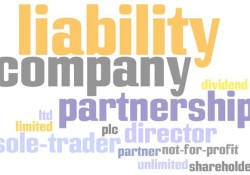A Short Small Business summary
Small business is a term that we use day-to-day. That is because in the past decade the rise of small businesses has been higher than in earlier decades. This is could largely be attributed to the increasing number of services… Continue Reading





